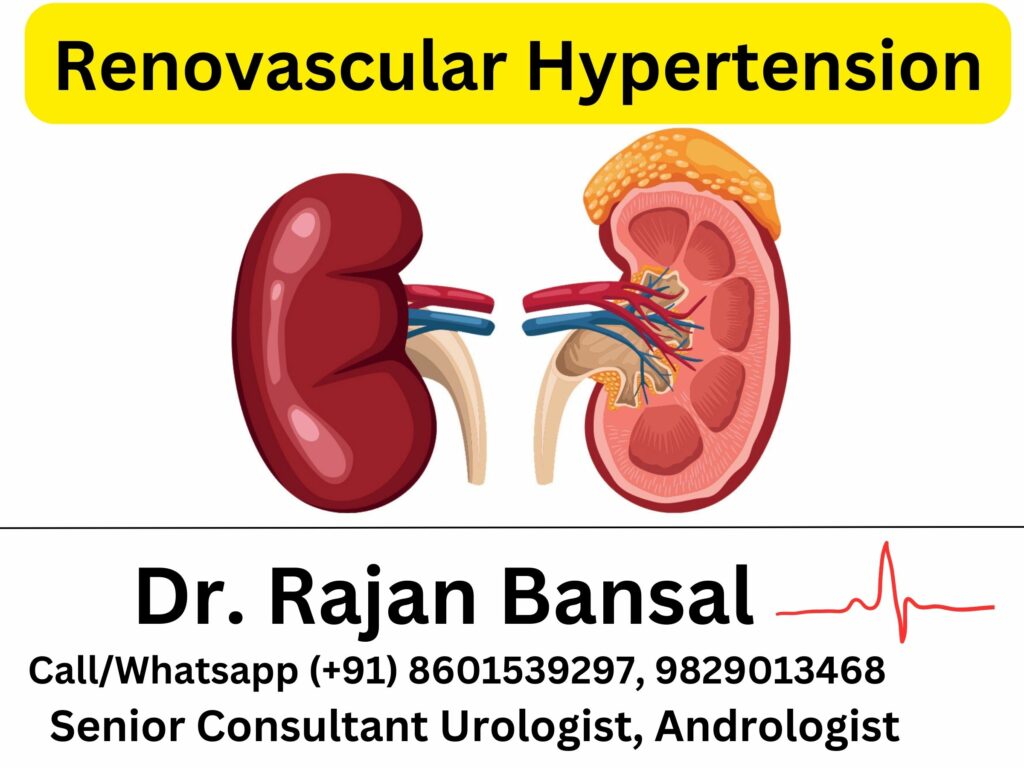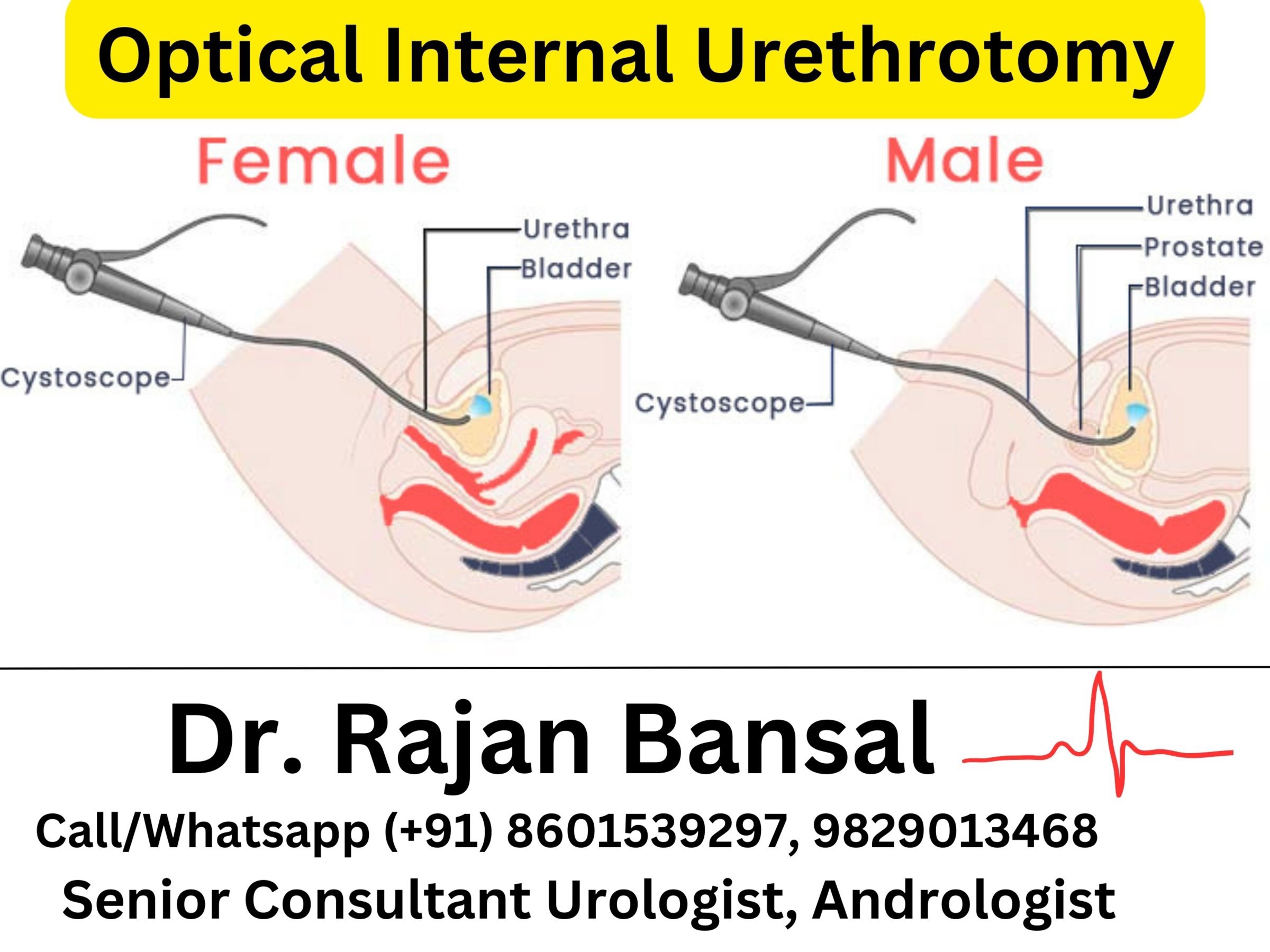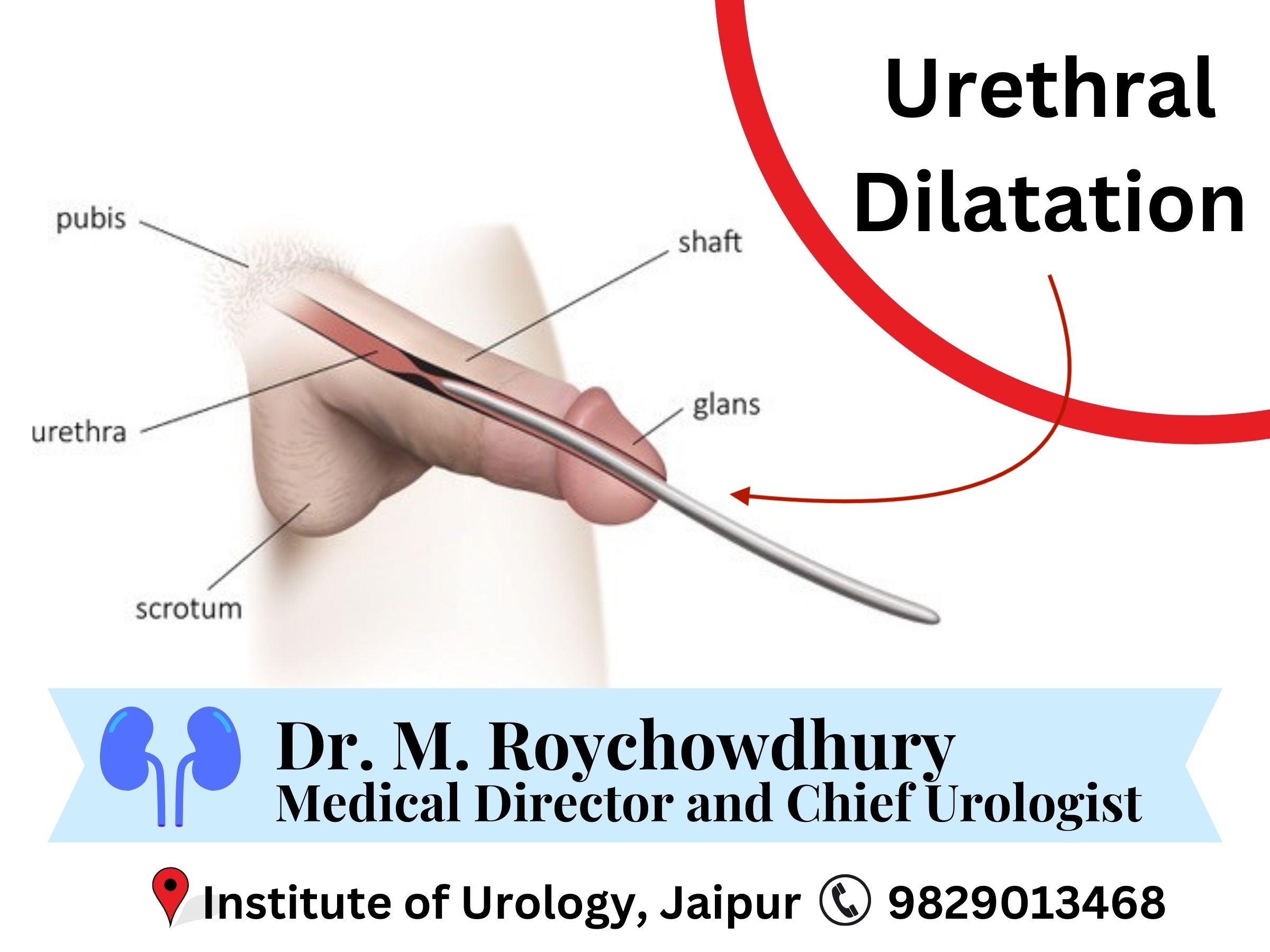Renovascular hypertension is a condition characterized by high blood pressure caused by narrowing or blockage of the arteries supplying blood to the kidneys. This article aims to provide a comprehensive overview of renovascular hypertension, including its causes, symptoms, diagnosis, and treatment options.

What is Renovascular Hypertension?
Renovascular hypertension occurs when the arteries that supply blood to the kidneys become narrow or blocked, leading to decreased blood flow to the kidneys. This, in turn, triggers the kidneys to release hormones (renin-angiotensin-aldosterone system) that increase blood pressure, resulting in hypertension. It is very important to properly diagnose Renovascular Hypertension because it is a treatable cause of Hypertension.
What are the Causes of Renovascular Hypertension?
The primary causes of renovascular hypertension include:
- Atherosclerosis: The buildup of plaque in the renal arteries, leading to narrowing or blockage.
- Fibromuscular Dysplasia: An abnormal growth of cells within the arterial wall, causing narrowing of the renal arteries.
- Renal Artery Stenosis: Narrowing of the renal arteries due to various factors such as inflammation or compression.
- Radiation fibrosis and Blockade due to grafts are another causes of Renal hypertension.
What are the Symptoms of Renovascular Hypertension?
Renovascular hypertension often presents with symptoms similar to essential hypertension, including:
- High blood pressure that is difficult to control with medication.
- Headaches
- Fatigue
- Shortness of breath
- Chest pain
- Pulmonary oedema is a late developing feature which may land the patient in emergency department.
How is the Diagnosis of Renovascular Hypertension made?
Diagnosing renovascular hypertension typically involves the following:
- Medical History and Physical Examination: Your doctor will inquire about your symptoms and perform a physical examination.
- Blood Pressure Monitoring: Continuous monitoring of blood pressure to detect fluctuations.
- Imaging Tests: Imaging studies such as Doppler ultrasound, magnetic resonance angiography (MRA), or computed tomography angiography (CTA) can help visualize the renal arteries and identify any blockages or narrowing.
- Renal Angiography: A minimally invasive procedure where contrast dye is injected into the renal arteries to assess blood flow and identify any blockages.
How is Renovascular Hypertension Treated?
The treatment of renovascular hypertension aims to control blood pressure and improve blood flow to the kidneys. Treatment options include:
- Medications: Antihypertensive medications such as ACE inhibitors, angiotensin II receptor blockers (ARBs), or calcium channel blockers may be prescribed to lower blood pressure.
- Renal Artery Angioplasty and Stenting: A procedure to widen the narrowed renal arteries and restore blood flow. A stent may be placed to keep the artery open.
- Surgical Revascularization: In some cases, surgery may be necessary to bypass the narrowed or blocked renal arteries and restore blood flow to the kidneys.
Best Hospital for Treatment of Renovascular Hypertension – Institute of Urology, C Schme, Jaipur.
Renovascular hypertension is a serious condition that requires prompt diagnosis and treatment to prevent complications such as kidney damage, heart disease, or stroke. By understanding the causes, symptoms, diagnosis, and treatment options for renovascular hypertension, healthcare providers can effectively manage this condition and improve patient outcomes. Early detection and intervention are key to successful management and reducing the risk of complications associated with renovascular hypertension.
Situated in Jaipur, the Institute of Urology stands as a beacon of excellence for treating renovascular hypertension. Renowned for its comprehensive care approach, this esteemed hospital brings together a team of specialists from various medical disciplines to provide top-tier treatment for urological conditions. With a blend of expertise from urologists, physicians, radiologists, and surgeons, the Institute ensures patients receive personalized care tailored to their needs. Embracing advanced technologies and innovative techniques, the Institute of Urology remains committed to delivering outstanding medical care, dedicated to improving the health and well-being of individuals battling renovascular hypertension.
Now, You can also avail the facility of online consultation before visiting us in person in order to discuss your problems with our Senior Urologist. We can be reached at the following numbers:
Dr. M. Roychowdhury – 9929513468
Dr. Rajan Bansal – 8601539297







